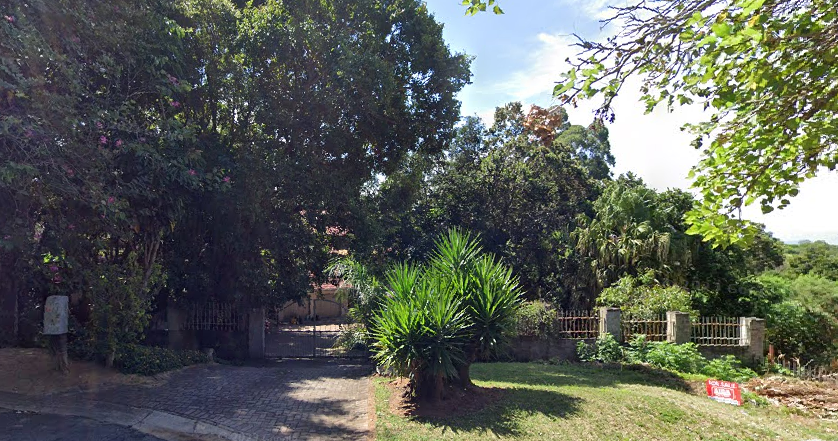For most of us the largest part of our income goes into the roof over our heads.
Whether is is the apartment you rent or the house for which you are busy paying off the mortgage.
In the case of an apartment being rented you living in that apartment is the result of a contract between yourself and the owner of that building.
Where there are contracts the risk of legal disputes is always looming nearby. If you are starting to rent for the first time with little or no knowledge of legal processes you may feel at a disadvantage with a landlord who has an attorney ready to evict you at the first sign of trouble.
Here in our country of which the Constitution- and subsequent legislation- has gone a long way to protect a person's right to a home you may be pleased to know that the law does protect you.
As a tenant your rights are:
1. The right to privacy;
2. The right to dignity;
3. The right to not be evicted without a court order;
4. Any sale of the leased property should be subject to your lease if it still exists at the time of the sale being concluded. That means- whoever buys the property while you are still renting on it receives you as a tenant. You cannot be forced to just cancel your lease before its expiry just because your landlord has suddenly decided to sell...
These rights are yours- regardless of what your contract says. They are enshrined in the Law and nobody should convince you otherwise.
In addition to those rights your lease agreement also confers certain rights to you. To know what these rights are you will have to read your contract.
You do, of course, have obligations as well. While your lease agreement may have specified stipulations about parking, gardening and so forth you should know that you don't need a contract to tell you to look after the property and do your best to prevent it becoming damaged. You should also know, of course, that your lawful occupation of the property is directly linked to your payment of the rent. The moment you stop paying rent your occupation becomes unlawful.
Most of a landlord's rights are enforced in a court of law and we often see an attorney being used to institutes proceedings out of a Magistrates' Court- and in some cases the High Court- aimed at recovering of rent payments or to protect the landlord's interests in the property.
As for the tenant- these courts are available to him, but most of the rights that are mentioned above can be protected without the help of a lawyer by the Rental Housing Tribunal.
I have had a very positive experience with our local rental housing tribunal and have found that even landlords receive help from this forum much sooner and at far lesser cost than what is the case with our civil courts.
If you however still feel stuck in spite of what I have said in this post you are welcome to give me a call...

